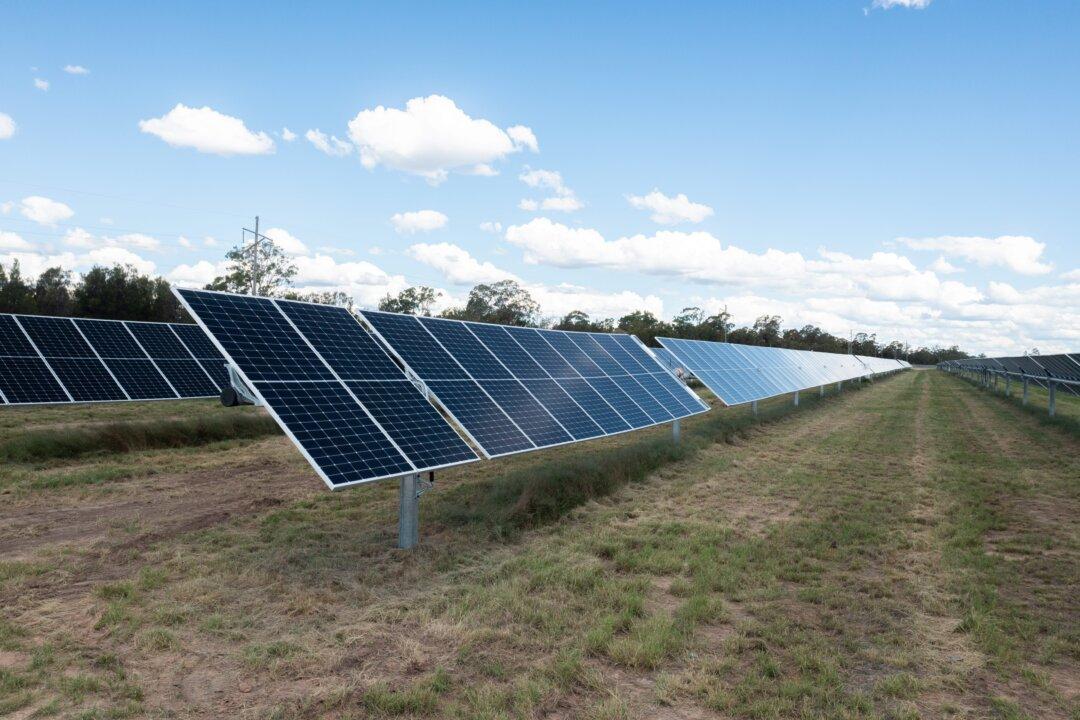The centre-left Labor government is looking to attract working-class voters through its renewable energy policy as Prime Minister Anthony Albanese touts his plan to decarbonise the nation.
In a speech to the New South Wales (NSW) Hunter Valley region, which has a large-scale coal industry, the prime minister set the scene for Australia’s energy future.




